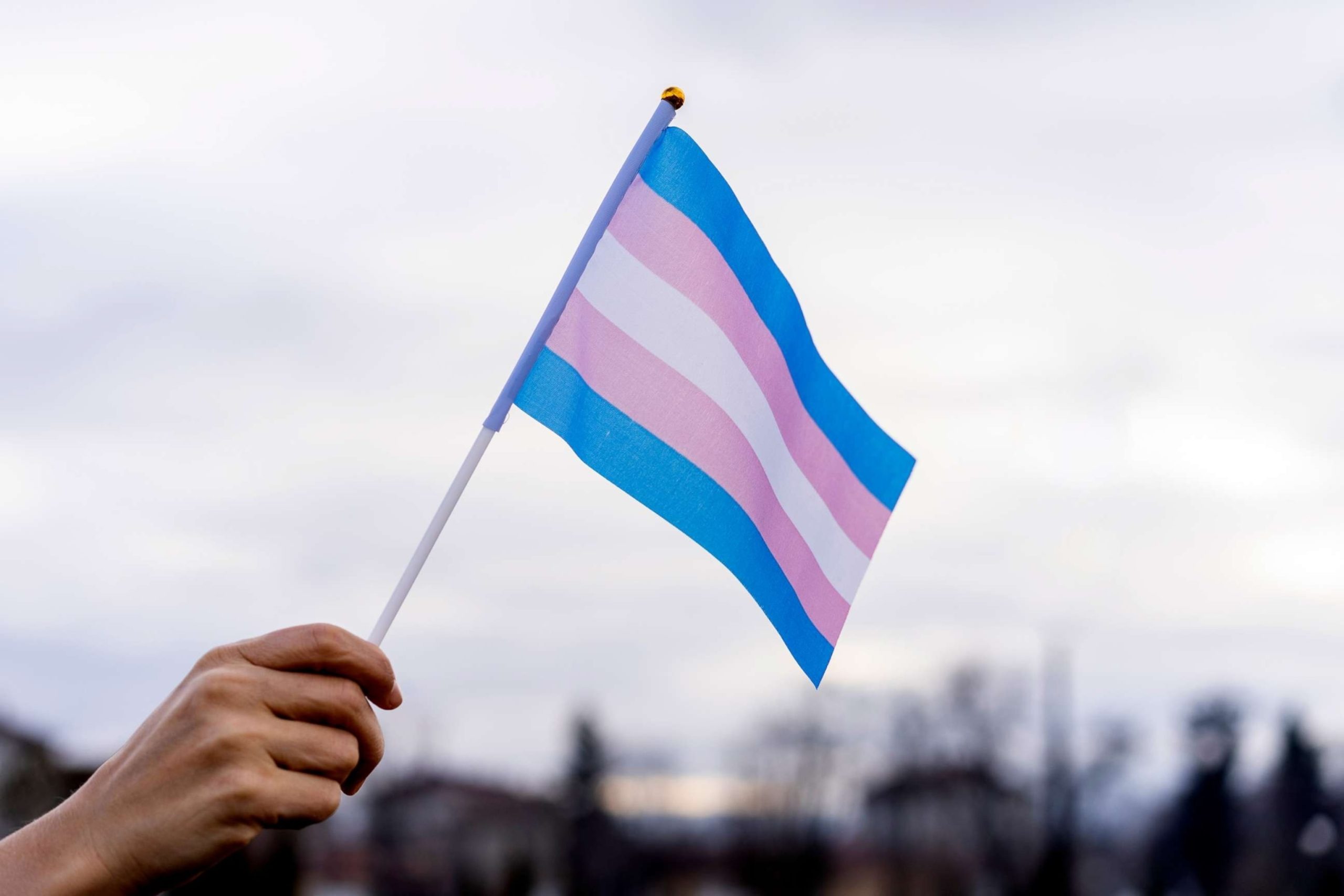Federal Judge Halts Implementation of Idaho Ban on Gender-Affirming Transgender Care
In a significant victory for transgender rights, a federal judge has temporarily blocked the implementation of Idaho’s ban on gender-affirming care for transgender individuals. The ban, which was set to go into effect on July 1st, would have prevented transgender people under the age of 18 from receiving crucial medical treatments such as hormone therapy and gender confirmation surgeries.
The decision comes after a lawsuit was filed by two transgender women, both minors, and a medical provider who specializes in transgender healthcare. They argued that the ban violated their constitutional rights by denying them access to necessary medical care and discriminating against them based on their gender identity.
U.S. District Judge David Nye issued a preliminary injunction, stating that the plaintiffs were likely to succeed in their legal challenge and that the ban would cause irreparable harm to transgender individuals. The judge recognized the importance of gender-affirming care in alleviating gender dysphoria, a condition where an individual’s gender identity does not align with their assigned sex at birth.
Gender-affirming care, which includes hormone therapy and surgeries, has been widely recognized as an effective and necessary treatment for transgender individuals. It helps alleviate distress and improves mental health outcomes for those experiencing gender dysphoria. The American Medical Association, American Psychological Association, and other leading medical organizations have all affirmed the importance of providing access to these treatments.
Idaho’s ban on gender-affirming care was part of a wave of legislation targeting transgender rights across the United States. Several states have introduced similar bills seeking to restrict access to healthcare, sports participation, and even legal recognition for transgender individuals. Proponents of these measures argue that they are protecting children and preserving traditional values, but critics argue that they are discriminatory and harmful.
The judge’s decision to halt the implementation of Idaho’s ban sends a powerful message that transgender rights are protected under the Constitution. It recognizes that denying transgender individuals access to gender-affirming care not only violates their rights but also perpetuates harm and discrimination.
Transgender youth face higher rates of mental health issues, including depression and suicide, compared to their cisgender peers. Denying them access to necessary medical care only exacerbates these disparities and puts their well-being at risk. The judge’s ruling acknowledges the importance of providing appropriate healthcare to transgender individuals, especially during their formative years.
While this injunction is a significant step forward for transgender rights, the legal battle is far from over. The case will proceed to trial, where the plaintiffs will have the opportunity to present evidence supporting their claims. The ultimate outcome will have far-reaching implications, not only for transgender individuals in Idaho but also for the broader fight for transgender rights across the country.
In conclusion, the federal judge’s decision to halt the implementation of Idaho’s ban on gender-affirming transgender care is a crucial victory for transgender rights. It recognizes the importance of providing access to necessary medical treatments for transgender individuals, especially minors. This ruling sends a powerful message that discrimination against transgender people will not be tolerated, and their constitutional rights will be protected. As the legal battle continues, it is essential to continue advocating for transgender rights and ensuring that all individuals have access to the healthcare they need and deserve.



